Apple will now share more anonymized data with its financial partner, Goldman Sachs, in hopes of changing how credit is offered to new customers.
The Apple Card is finally getting additional financial detail to its internal transactions. Now, instead of just seeing "Apple Services" listed on a transaction, you'll see additional information that clearly states what that transaction was.
This has been a long-awaited change to the Apple Card. Those who have used "Apple Services" have often wondered just what they were paying for when looking over their bill. Now transactions will append helpful information, like "iCloud Storage Plan" or "Apple Music Subscription" to the charges.
The Apple Card is also gaining an update to its privacy policy. Apple will now share more data with its financial partner, Goldman Sachs. According to Apple, this information is still anonymous and will be used to help create a new credit assignment model.
The model could be used to expand who can secure credit, likely a response to the allegations that the Apple Card discriminates based on gender.
Additionally, there's now an opt-in option that allows users to share more personal data with Goldman Sachs if they don't get approved for the Apple Card at first pass. Included data would be Apple product and service purchase history, how long a user has had an Apple ID, and how much they routinely spend with Apple.
TechCrunch has provided the new additions.
You may be eligible for certain Apple Card programs provided by Goldman Sachs based on the information provided as part of your application. Apple may know whether you receive the invitation to participate and whether you accept or decline the invitation, and may share that information with Goldman Sachs to effectuate the program. Apple will not know additional details about your participation in the program.Apple may use information about your account with Apple, such as the fact that you have Apple Card, for internal research and analytics purposes, such as financial forecasting. Apple may also use information about your relationship with Apple, such as what Apple products you have purchased, how long you have had your Apple ID, and how often you transact with Apple, to improve Apple Card by helping to identify Apple metrics that may assist Goldman Sachs in improving credit decisioning. No personally identifiable information about your relationship with Apple will be shared with Goldman Sachs to identify the relevant Apple metrics. You can opt out of this use or your Apple relationship information by emailing our privacy team at dpo@apple.com with the subject line "Apple Relationship Data and Apple Card." Applicants and cardholders may be able to choose to share the identified metrics with Goldman Sachs for re-evaluation of their offer of credit or to increase their credit line. Apple may share information about your relationship with Apple with our service providers, who are obligated to handle the information consistent with this notice and Apple instructions, are required to use reasonable security measures to protect any personal information received, and must delete the personal information as soon as they have completed the services.
The new policy appears in iOS 13.4 updates, though the ability to opt-in to sharing personal data won't be rolling out until later.
 Amber Neely
Amber Neely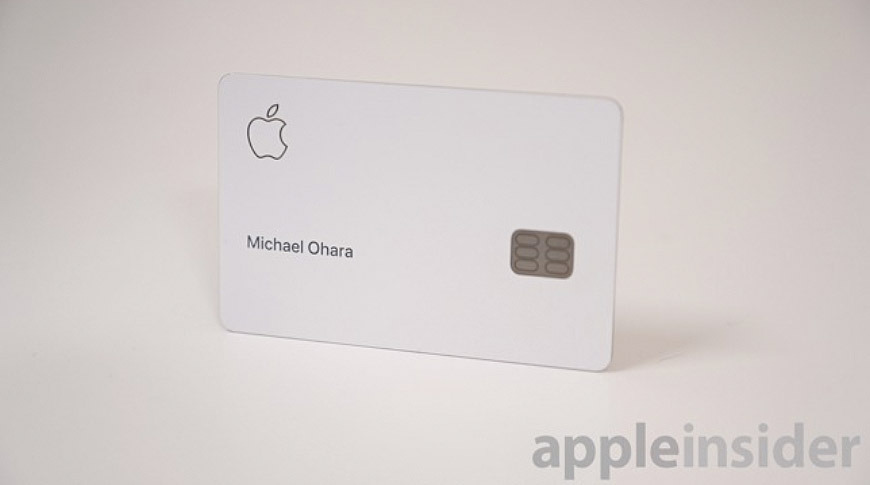
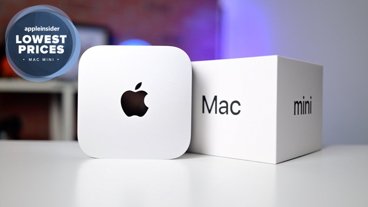
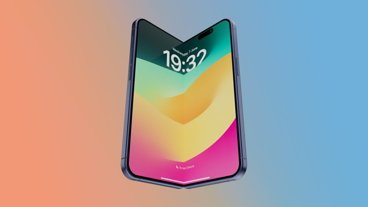
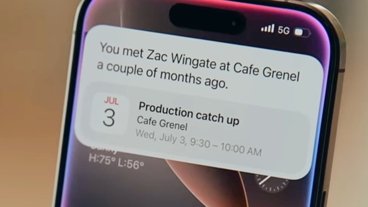
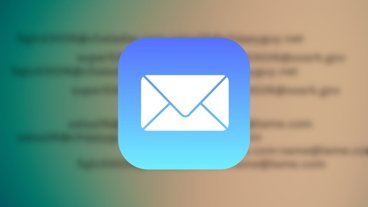



-m.jpg)






 Malcolm Owen
Malcolm Owen
 William Gallagher
William Gallagher
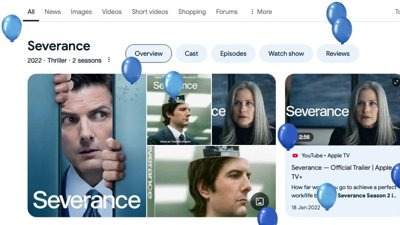

 Mike Wuerthele
Mike Wuerthele

 Chip Loder
Chip Loder
 Wesley Hilliard
Wesley Hilliard








5 Comments
I'd expect better options as to granularity from Apple. Do I really want Goldman Sacks building database knowing what books, music, movies I buy or rent? And who knows how that is shared in 20 years? From what I see on my Amazon Prime credit card statements, such granular data is contained within Amazon ecosystem, not shared with credit card issuer Chase. Hope I'm missing something here.
My wife applied for an Apple Card last year, and her credit rating should have been in a very good category. Apple states "
While noting the data is "anonymized" some here regularly claim it's child's-play to connect the dots so that it becomes identifiable. Personally I don't have any idea how easy it is, but some customers of the Apple Card will wish to opt-out in an abundance of caution. In an un-Apple-y way they won't make it easy.
https://www.zdnet.com/article/apple-inserts-a-laughable-trick-into-its-new-privacy-policy/
You have to send Apple's privacy team an email.
And not just any old email. This email has to be headed: "Apple Relationship Data and Apple Card." And then, good Lord, it's not as if Apple's telling you what to write. You'll have to compose it yourself.